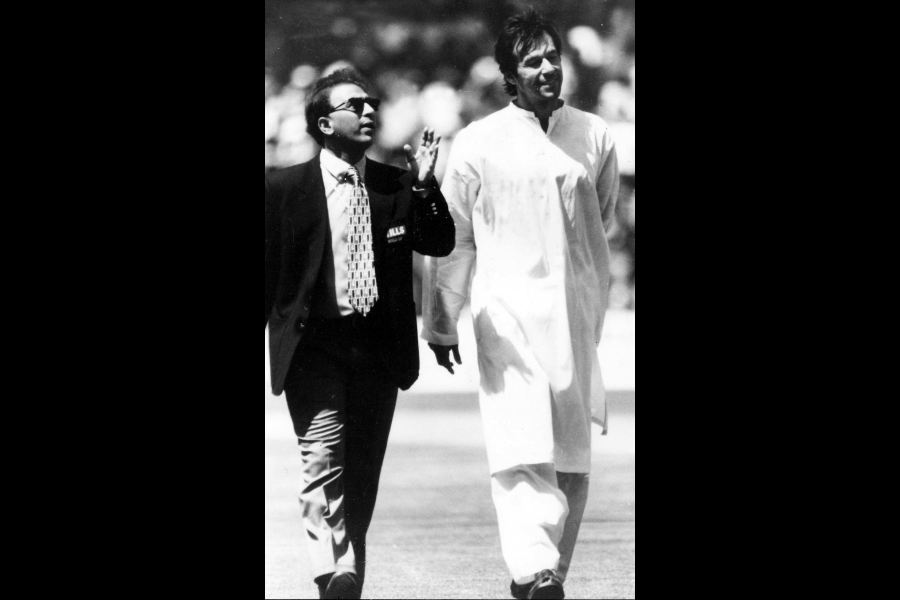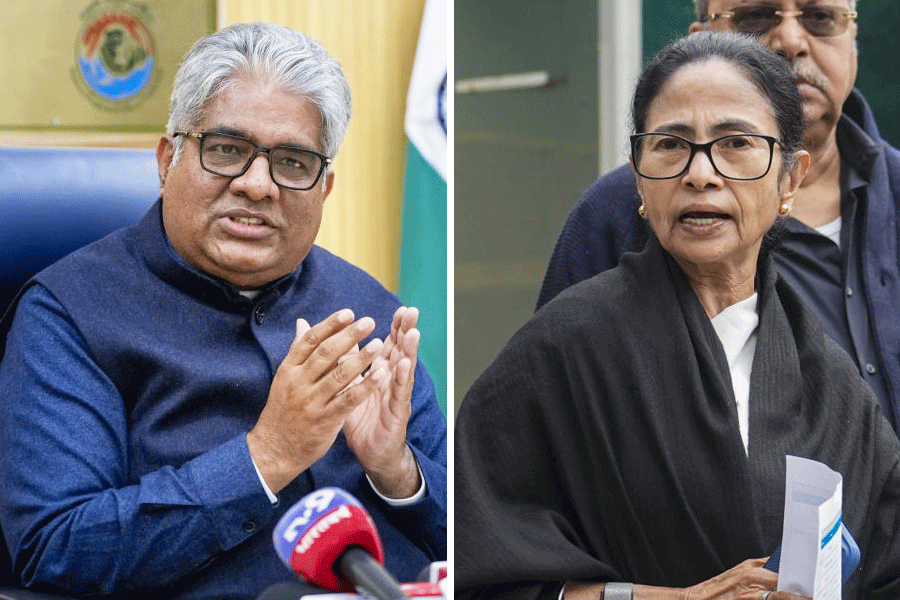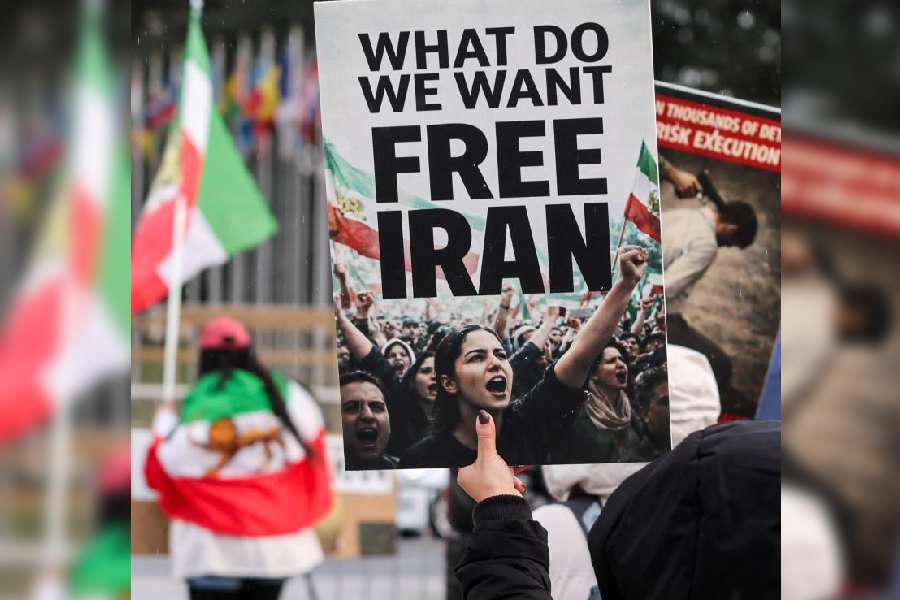Separatist turned pro-India politician Sajad Lone has ended his years of ideological divergence from the Jamaat-e-Islami.
Lone’s People’s Conference, the Jamaat-backed Justice and Development Front (JDF) and former minister Hakim Yasin’s People’s Democratic Front joined hands on Monday to launch the People’s Alliance for Change.
The political alliance’s “Declaration for Change” outlined a comprehensive commitment to “the restoration of Articles 370 (and) 35A and full statehood” and said this would be pursued “through democratic and constitutional means”.
The three parties fought last year’s Assembly elections separately and were drubbed. Lone was the only one to win a seat, from his family borough of Handwara, that too with a slender margin.
The People’s Conference and the Jamaat share a separatist background. The Jamaat is widely reported to have mentored the Hizbul Mujahideen, a militant group accused of killing hundreds. Lone’s party and the JDF no longer espouse the separatist cause.
While Lone has often pitched himself as a secular and moderate voice, the Jamaat is an overtly Islamist organisation.
The differences do not end there. Lone had explicitly accused Jamaat’s most prominent face, Syed Ali Shah Geelani — if not the group —of contributing to the climate that led to the killing of his father, Abdul Gani Lone, in 2002.
The elder Lone, a Hurriyat leader, was assassinated by militants.
Lone told a joint news conference on Monday that the alliance was a “moral and political necessity to represent the real victims of the past three decades”.
He referred to the “systematic disempowerment of J&K’s people since the 1990s” which, he said, culminated in the revocation of Articles 370 and 35A on August 5, 2019.
“This act of disempowerment needs a political response that reflects the pain of the people, not the privilege of the elite,” he said.
“There has been no closure to the decades of pain because those who inflicted it still rule. That must end. The real victims must now represent the pain they carry,” he said, apparently targeting the National Conference and the People’s Democratic Party.
A statement from the alliance called for a “general amnesty for political prisoners and conflict-affected youth, the reintegration of the marginalised, and an end to exclusionary politics”.
This masked an irony —these groups are believed to have fought last year’s elections with BJP support, and defended the government’s “all is well” narrative.
They are now calling for the restoration of Article 370 while the National Conference, which won the election promising to fight for the article’s reinstatement, has narrowed its focus to the restoration of statehood.










